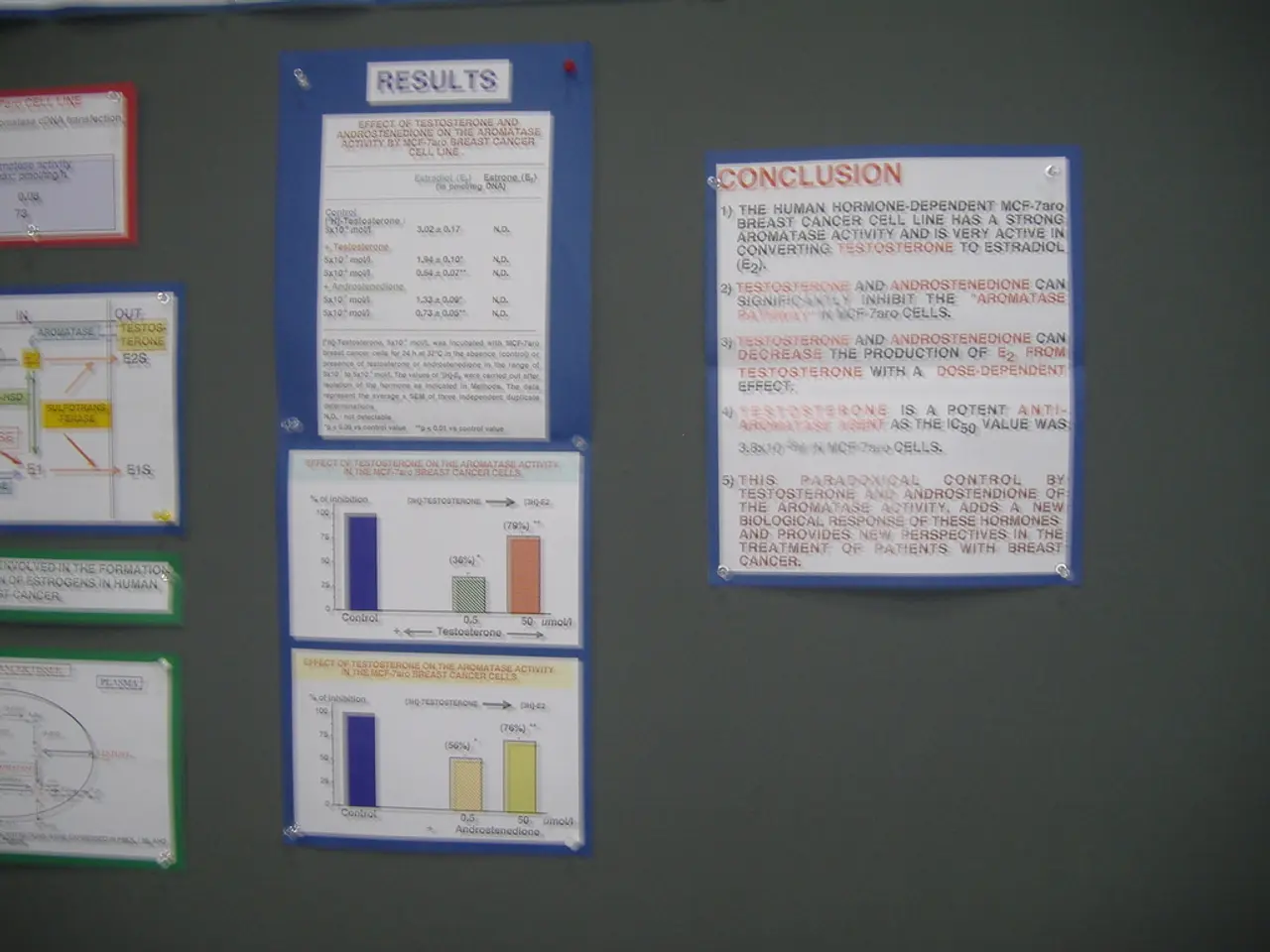Lars Klingbeil on Debt: The Finance Minister's Plan for Repayment
Steps Devised by Finance Minister for Settling Monumental Financial Obligations
Finance Minister Lars Klingbeil is venturing into the depths of the federal treasury for the 2025 budget, with Germany taking on more debt compared to any other time in history. The minister lays out his strategy to tackle the debt in an interview on Sandra Maischberger's show.
New debt of 850 billion euros is on the horizon. This staggering amount translates to 8,500,000,000,000 euros in 100-euro notes, which would weigh as much as 120 million people. This additional debt will be placed alongside the existing debt burden. Klingbeil can afford to roll out this plan due to the relaxation of the debt brake by the federal government. The repayment strategy remains elusive, with annual interest expenses totaling up to 61.9 billion euros per year.
Klingbeil alludes to economic growth and structural reforms as key components for settling the debt. Commissions are to be formed to identify ways to streamline the care sector and generate savings. The focus is also on getting the nation back on a growth path.
The interview reveals a potential roadblock: What would happen if the economy fails to recover? Klingbeil responds, reiterating the importance of financial reserves. He suggests that economic indicators are moving in a positive direction, but he remains conscious of uncertainties like President Trump's trade policies.
When asked about the chances of implementing the Mother's Pension, Klingbeil remains evasive, stating that the pension is possible if the financial conditions are right and expressing support for Bavarian Prime Minister Markus Söder.
The budget presented does not align with a traditional austerity budget, as savings are still being made through personnel cuts and administrative funding reductions. These moves are in line with the coalition contract agreement. Klingbeil plans to lower the number of federal employees by approximately 8% by 2029.
In the realm of foreign policy, Klingbeil distances himself from a controversial manifesto criticizing the government's approach to Russia. He reaffirms the government's commitment to supporting Ukraine and using diplomacy to pursue peace while asserting the importance of communicating strength to Putin. Klingbeil believes that Putin is the one who can end the ongoing war in Europe, and he points out that the current sanctions have managed to deter further aggression.
Sources:- ntv.de
Keywords: Lars Klingbeil, Debt, Finance Minister, Germany, Europa, Militär
Insights:Klingbeil plans to pay off the vast amount of debt through a combination of economic growth, fiscal discipline outside defense and investment spending, and structural budget reforms. The focus is on focusing on economic growth, investment, and streamlining the public sector. The Mother's Pension may be implemented if financial conditions permit, and the government prioritizes maintaining fiscal austerity and reducing public employment. The government is taking a cautious yet determined approach to dealing with Russia, emphasizing diplomacy while also acknowledging the need to communicate strength.
- The Finance Minister, Lars Klingbeil, outlines his plan to tackle Germany's unprecedented debt through a combination of economic growth, structural reforms, and fiscal austerity, particularly in non-defense and investment spending.
- In terms of foreign policy, Minister Klingbeil highlights the need for diplomacy to pursue peace in Ukraine and stresses the importance of communicating strength to President Putin, while also acknowledging that Putin has the power to end the war in Europe.




